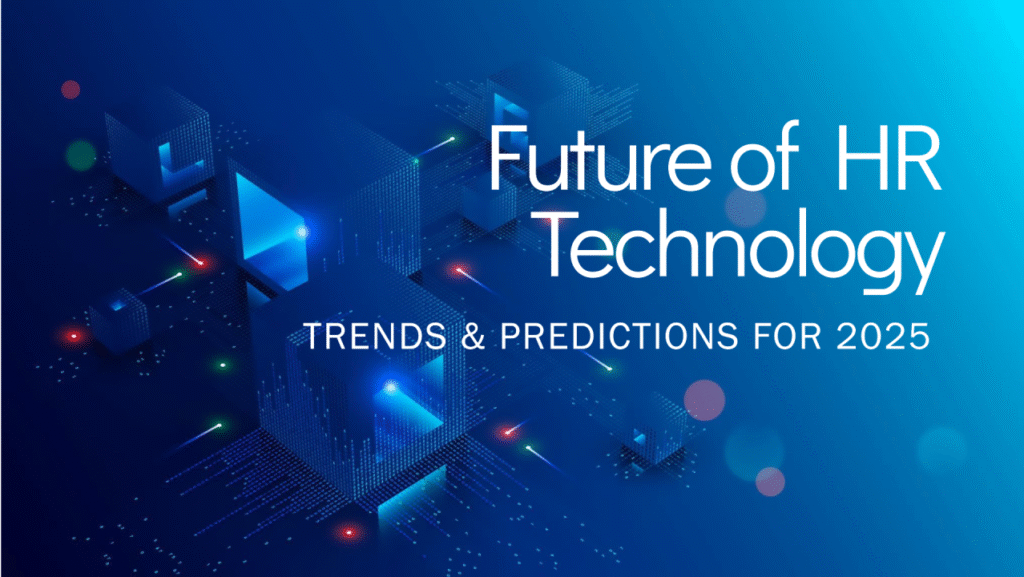
As the world of work continues to evolve at breakneck speed, HRTech stands at the intersection of technology, talent, and transformation. In 2025, it’s not just about digitizing HR—it’s about redefining the very infrastructure of how we hire, engage, manage, and retain people. To understand where the space is headed, we asked 10 seasoned HR and HRTech leaders—from startup founders to CHROs and venture investors—to share their boldest predictions for the next wave of innovation. Their insights reveal a clear message: the future of HR is more automated, personalized, global, and strategic than ever before.
1. AI Will Reshape Hiring—But Human Judgment Will Remain Essential
“AI will do 80% of the heavy lifting in hiring—from screening to scheduling—but final decisions will still hinge on trust and empathy,” says Maya Lin, Chief People Officer at a global SaaS firm. She predicts a new generation of AI tools will dominate the early stages of recruitment but emphasizes that “human intuition will become even more valuable in leadership and team-fit decisions.”
2. Skills, Not Resumes, Will Rule Talent Acquisition
Carlos Mendez, CEO of a skills-based hiring platform, believes, “The CV will die a slow death. Employers are shifting to performance-based assessments and verified skill portfolios.” Platforms that track and validate real-world capabilities—especially in tech, design, and sales—will take center stage.
3. Global Payroll and Compliance Will Become Plug-and-Play
As remote hiring goes global, Leena Kaur, a VC at FutureWork Capital, notes that, “Startups simplifying cross-border payroll, tax, and compliance are raising quietly—but growing fast.” She sees infrastructure layers like payroll APIs and contractor onboarding becoming standard in enterprise stacks.
4. Employee Experience Will Be Designed Like a Product
“We’ll see the rise of the ‘Employee Experience Designer’ role,” predicts Jon Patel, co-founder of a workplace culture platform. He says HR will adopt UX principles to design every touchpoint—from onboarding to offboarding—creating personalized journeys that improve retention and engagement.
5. DEI Tools Will Shift from Optics to Outcomes
Nina Okafor, a diversity strategist, foresees a major evolution: “DEI will move from dashboards to action. The next generation of tools will track not just diversity, but fairness in promotions, pay, and opportunity flow.” Investors are already backing startups that make DEI measurable and enforceable.
6. HR Will Finally Get a Real-Time Operating System
Tom Ellerby, former CHRO turned investor, says, “HR leaders are flying blind. The most successful platforms will be those offering live dashboards for headcount, engagement, attrition risk, and compensation trends.” In his view, workforce intelligence tools will become core infrastructure for CHROs.
7. Mental Health Will Be a Mandatory Line Item
According to Rashida Greer, Chief Wellness Officer at a Fortune 500 firm, “Mental health will become non-negotiable—not a perk. Employers will invest in embedded, proactive mental wellness tools, not just hotline apps.” Demand will surge for platforms offering tailored, confidential, always-on support.
8. Internal Mobility Will Become the New Recruitment Strategy
With hiring costs skyrocketing, Emma Lo, VP of People Operations at a fintech unicorn, predicts a shift inward: “Your next hire is already on payroll. Companies will use AI to identify, train, and promote internal talent.” Tools that map employee skills and recommend roles will grow in demand.
9. HRTech Will Move Beyond HR Departments
“Finance, operations, and legal teams are starting to use HRTech to make decisions,” says Derek Yoon, COO at a workforce analytics company. He believes HR platforms will increasingly integrate with ERP and planning tools, turning workforce data into business strategy.
10. Generative AI Will Automate HR’s Busywork
Finally, Sophie Renard, founder of an AI-driven HR assistant, sees a massive boost in productivity: “Generative AI will write job descriptions, summarize interviews, draft feedback, and even build L&D content. HR will get its time back to focus on people, not paperwork.”
Conclusion: HRTech Is Getting Smarter—and More Strategic
From AI-driven recruitment to embedded wellness and predictive analytics, these predictions point to one clear truth: HRTech is no longer a back-office toolset—it’s a central engine for business success. As people strategies become inseparable from company strategy, the tools we use to manage people must evolve with speed, empathy, and intelligence. And if these 10 experts are right, the next era of HRTech will be as human as it is high-tech.